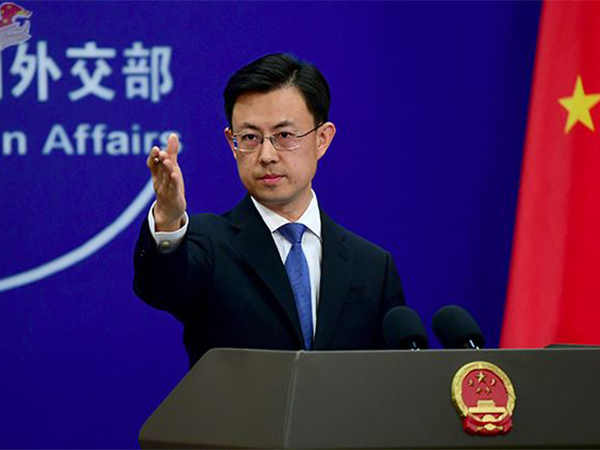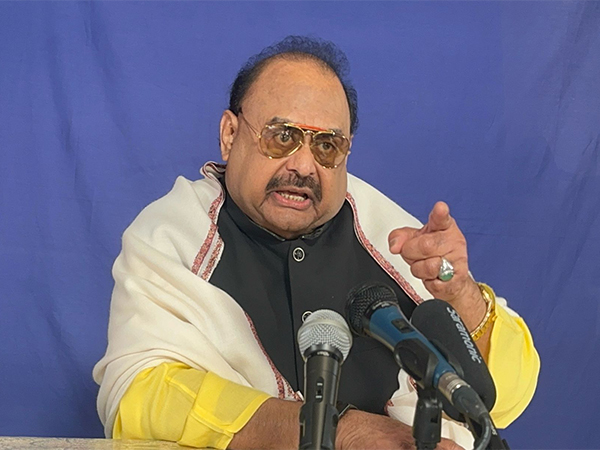Money laundering case: Pak court reverses verdict over bail pleas of PM, Punjab CM
Jun 11, 2022

Islamabad [Pakistan], June 11 : Pakistan special court on Saturday reserved the verdict on the bail pleas of Prime Minister Shehbaz Sharif and Punjab Chief Minister Hamza Shahbaz in a money laundering case.
The father-son duo applied for an extension in the bail plea and the judge of the special central court reserved the verdict after arguments from the prosecutor and the suspects concluded, ARY News reported.
Before Court's verdict, many developments took place in this case which directly or indirectly affect the case. The prosecutor in the money laundering case against Prime Minister Shehbaz Sharif, fell unconscious amid a hearing in a banking court.
The prosecutor, Farooq Bajwa was moved to a services hospital for medical treatment. However, he has recovered and is healthy.
Furthermore, the Sharif family's renowned servant Malik Maqsood famously known as 'Maqsood Chaprasi' had passed away on Thursday. Maqsood was nominated in the money laundering case against Shehbaz Sharif and his family.
Former Accountability advisor Shehzad Akbar had claimed that millions of unaccounted-for money were found in Maqsood's bank accounts, reported ARY News.
Moreover, on May 10, a former Federal Investigation Agency Director Dr Rizwan, who was investigating the money laundering case against Shehbaz Sharif, had passed away due to a heart attack.
Earlier, on June 5, the court extended their interim bail until today. During the hearing, Federal Investigation Agency (FIA) requested the court to allow the arrest of the Sharif duo.
Federal Investigation Agency (FIA) in December 2021 had submitted the challan against Shehbaz and Hamza before the special court for their alleged involvement in laundering an amount of Rs 16 billion in the sugar scam case.
The FIA report added that the amount was kept in "hidden accounts" and given to Shehbaz in a personal capacity.
The FIA had booked them in the case under sections of the Pakistan Penal Code, the Prevention of Corruption Act, and the Anti-Money Laundering Act in November 2020.

















